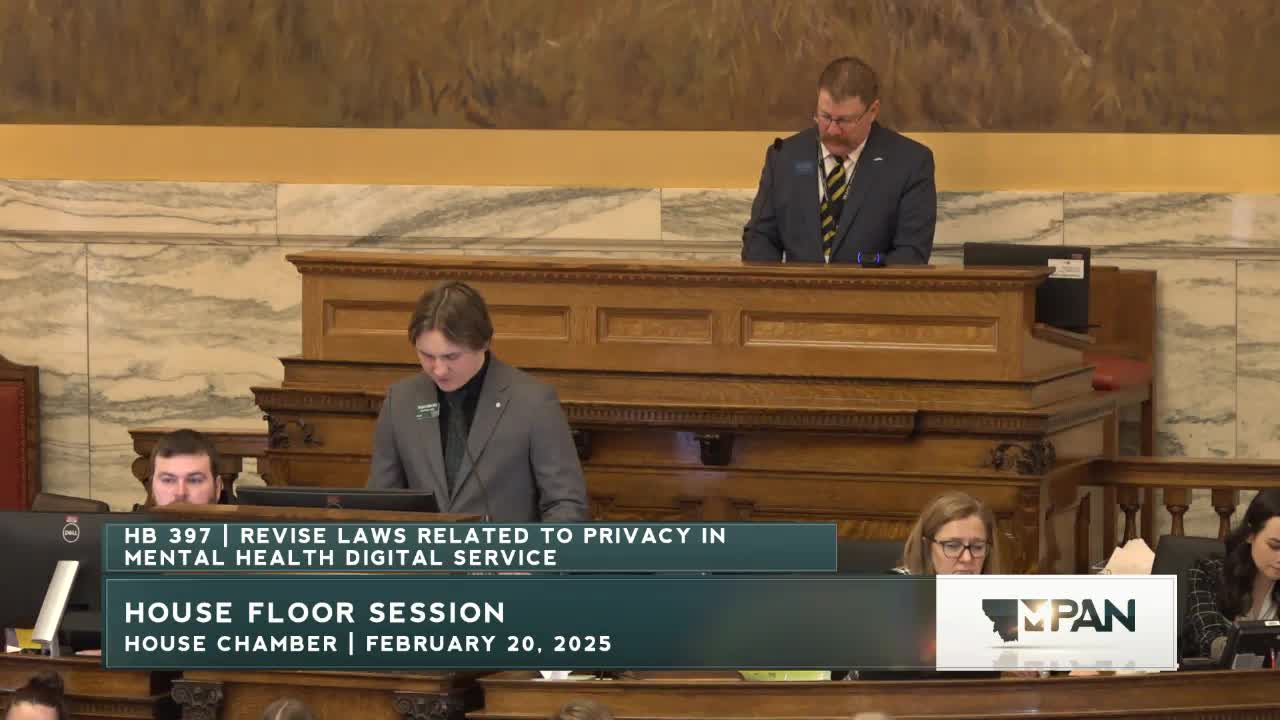Article not found
This article is no longer available. But don't worry—we've gathered other articles that discuss the same topic.
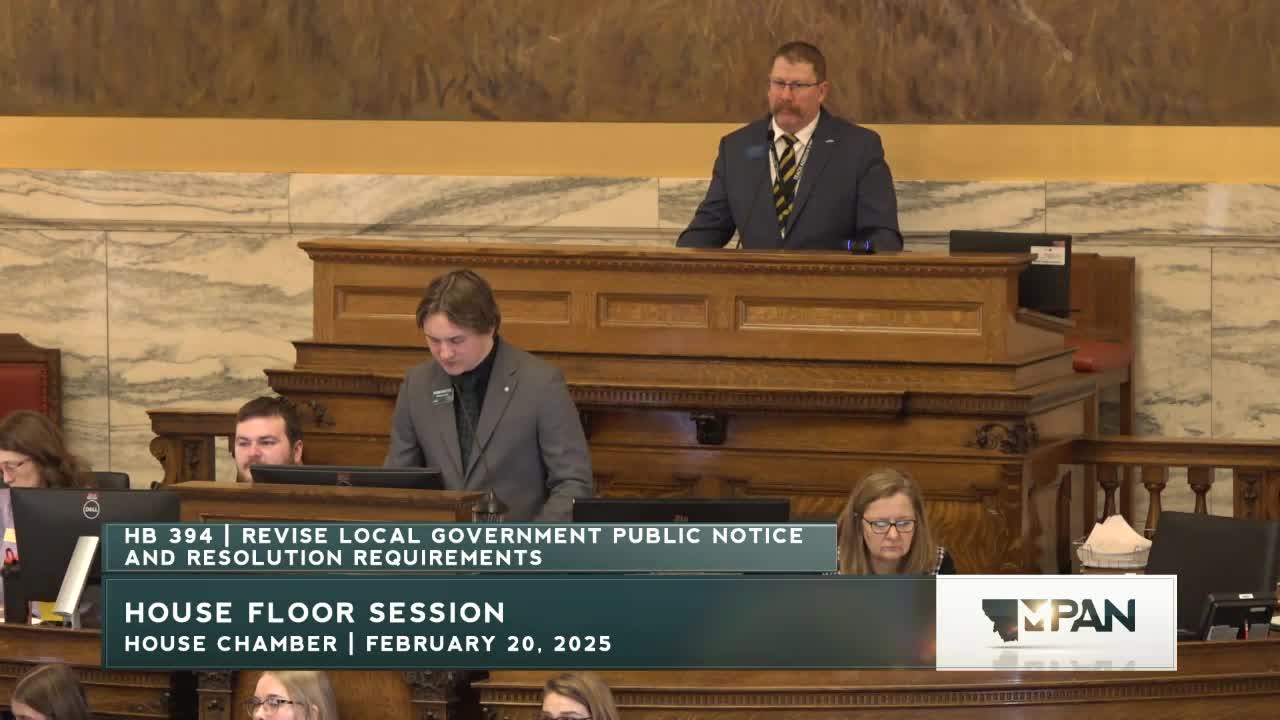
House panel approves revisions to voting law on 'unsound mind' and penal‑institution definitions amid strong objections
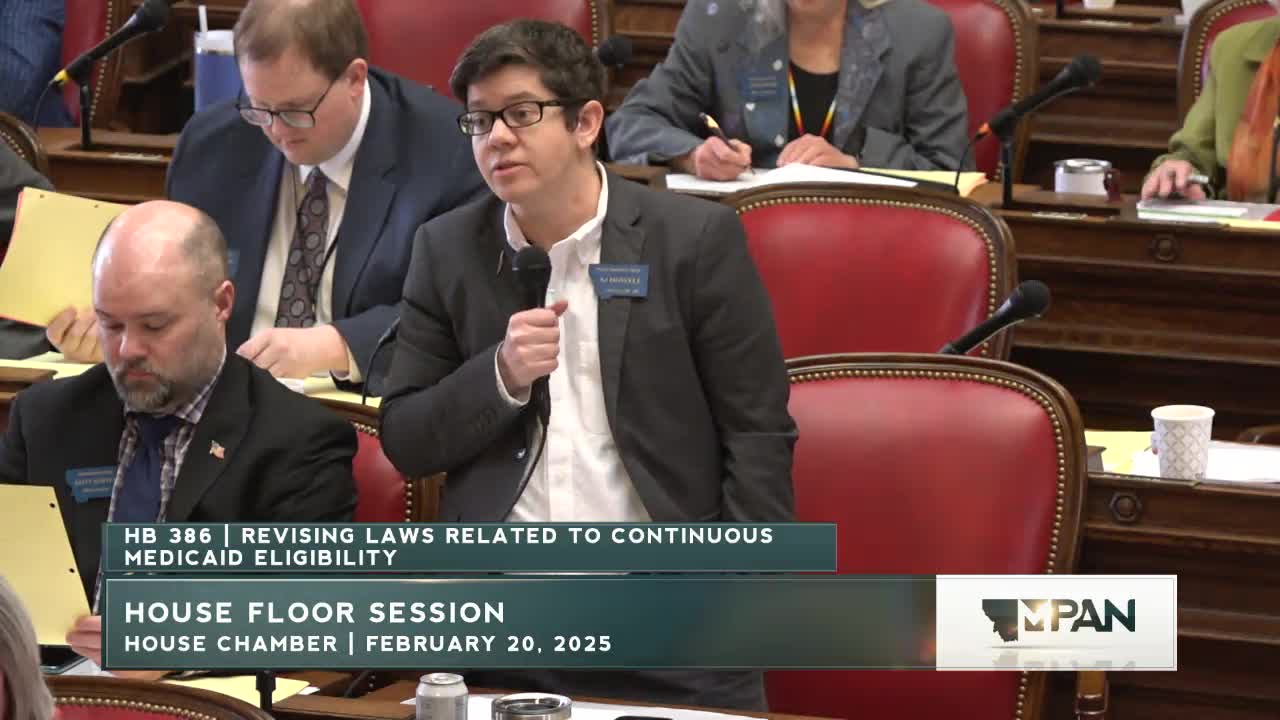
House panel backs 12‑month continuous Medicaid eligibility; sponsors cite reduced churn, opponents cite state cost
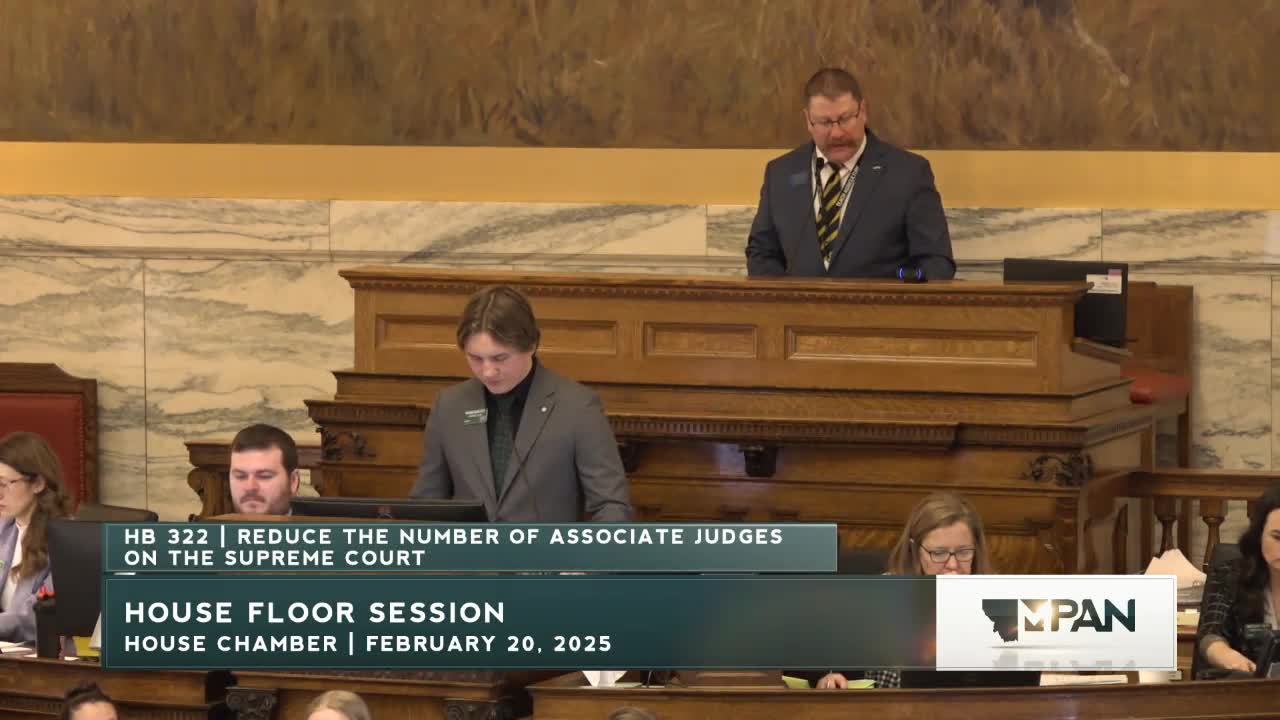
Proposal to shrink Montana Supreme Court fails after heated debate on caseload and costs
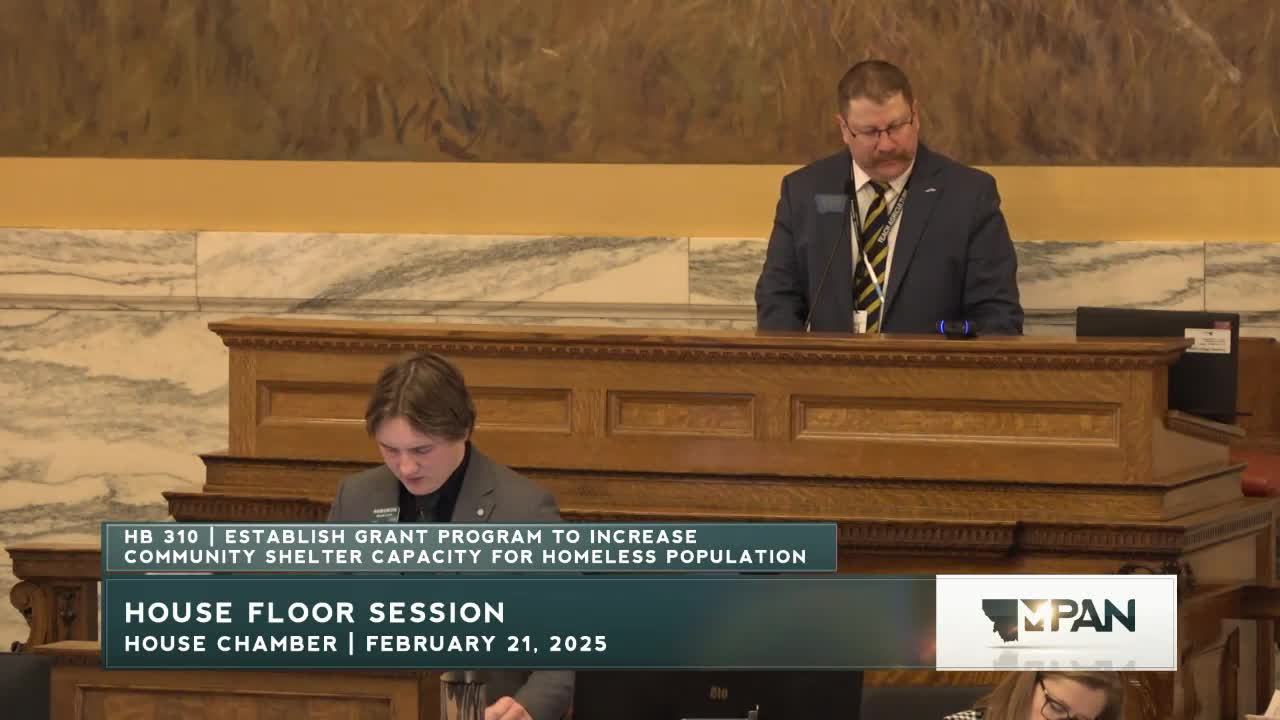
House panel advances grant program to expand shelter capacity for people experiencing homelessness
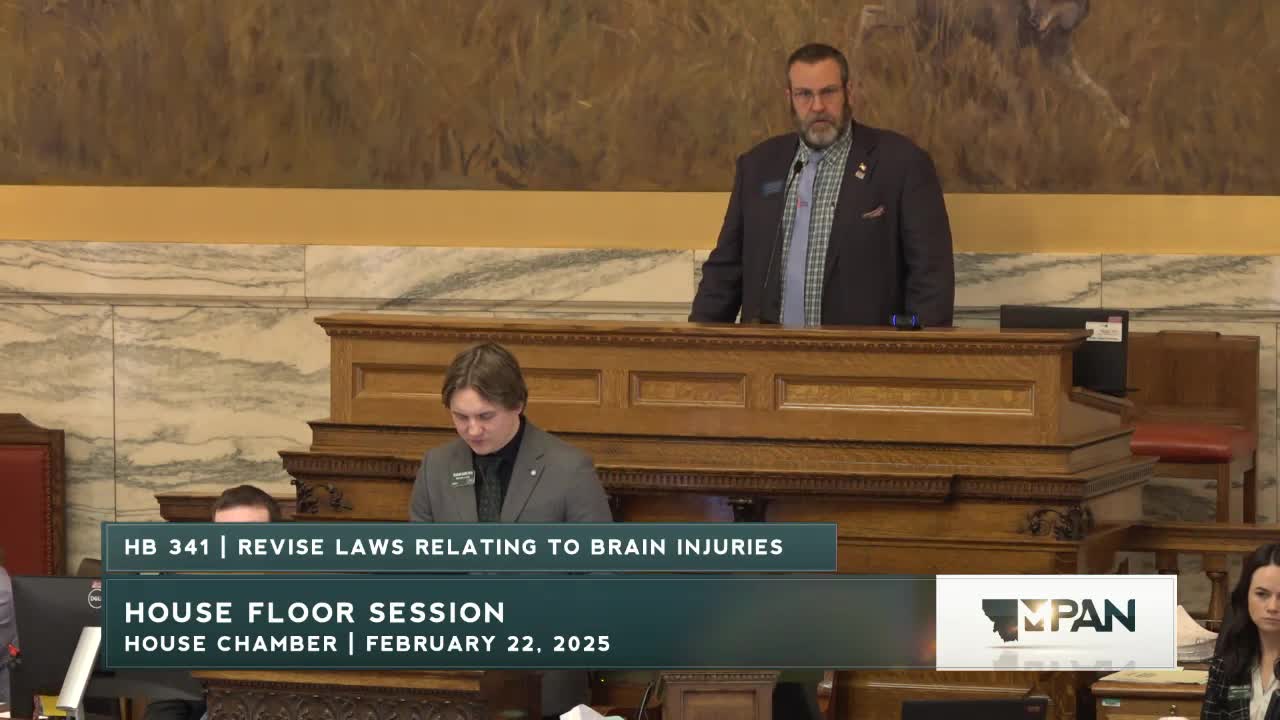
House backs opt‑out $1 motor‑vehicle donation and other changes for traumatic brain‑injury supports
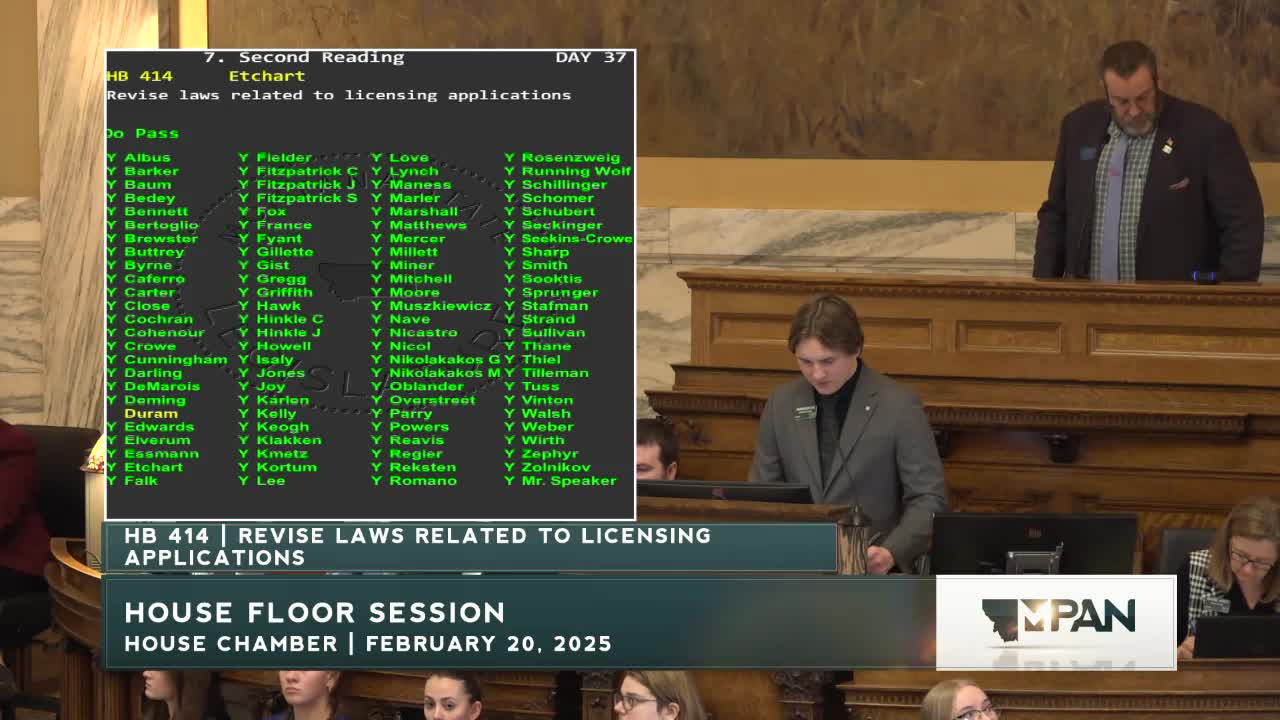
Broad debate, close vote: proposal to let state invest general‑fund dollars in precious metals and digital assets fails
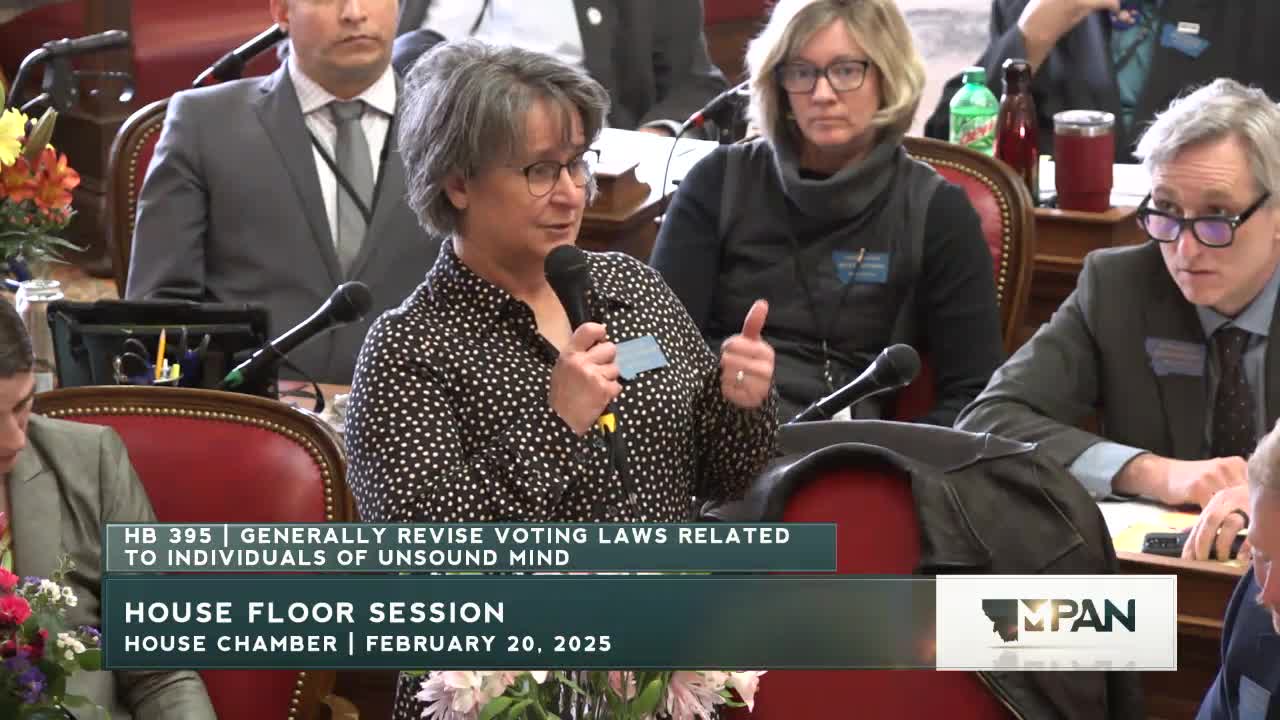
House committee approves extending meeting‑recording requirement to small towns with longer posting window
